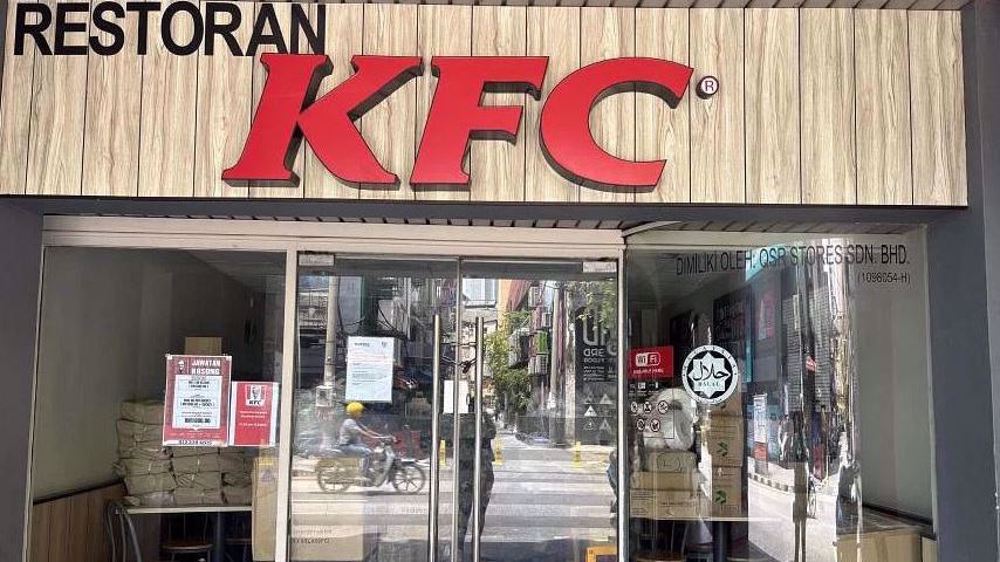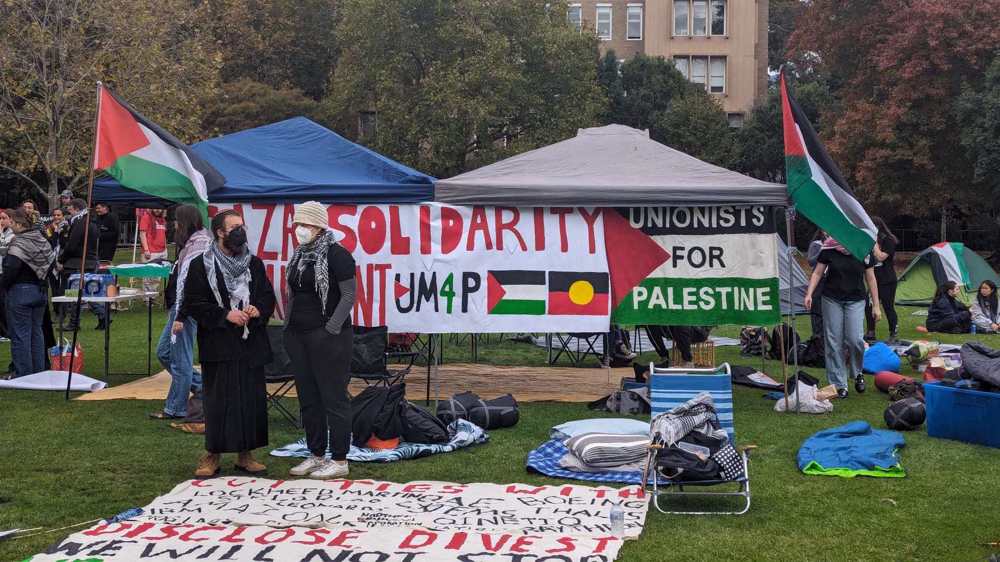Trade ministers agree to keep TPP trade pact despite US withdrawal
Members of the Trans-Pacific Partnership (TPP) have agreed to remain committed to the sweeping free trade agreement, whose fate was in doubt after the US withdrew earlier this year.
Trade ministers from 11 Pacific Rim countries said in a joint statement on Saturday that they had “agreed on the core elements” of the deal during talks on the sidelines of the Asia Pacific Economic Cooperation (APEC) summit in Vietnam.
The statement said the ministers stressed “the high standards, overall balance and integrity of the TPP while ensuring the commercial and other interests of all participants and preserving our inherent right to regulate, including the flexibility of the parties to set legislative and regulatory priorities.”
The ministers, however, noted that further negotiations would be required to reach a full consensus before striking the deal, which now carries a longer official name -- the Comprehensive and Progressive Agreement for Trans-Pacific Partnership (CPTPP).
US President Donald Trump pulled Washington out of the twelve-country TPP deal in January, arguing that such free trade agreements were biased against the US and harmful to American workers and manufacturers.

The agreement negotiated under Trump’s predecessor Barack Obama was never ratified by Congress as it faced stiff opposition from Republicans and some Democrats.
The TPP aims to eliminate tariffs on industrial and farm products across the 11-member bloc including Australia, Japan, Malaysia, and New Zealand.
Analysts maintain that the provisional deal reached in the Vietnamese resort of Danang would breathe new life into global free trade deals at a time when the US is turning its back on them.
The Saturday announcement was initially scheduled a day earlier but was delayed after Canada raised last-minute concerns.
Ottawa’s stance on the deal has been complicated by the fact that the Canadian government is simultaneously renegotiating the North American Free Trade Agreement (NAFTA) with the Trump administration.
Trump has previously called NAFTA a catastrophe and the “single worst trade deal ever approved” by the US, blaming the three-nation deal for the outsourcing of thousands of jobs from the United States to Mexico and China.
VIDEO | Press TV's news headlines
VIDEO | IRAN EXPO 2024 spotlights free trade zones
Columbia University students defy deadline to clear pro-Palestinian encampment
Yemen strikes several vessels in fresh defensive, pro-Palestinian operations
No peace in world without permanent ceasefire in Gaza: Pakistan PM
VIDEO | After 12 years of closure, Yemen’s national museum reopens
VIDEO | Pariah regime cornered
VIDEO | Palestinian rescuers search for casualties following Israeli strike on Rafah









 This makes it easy to access the Press TV website
This makes it easy to access the Press TV website